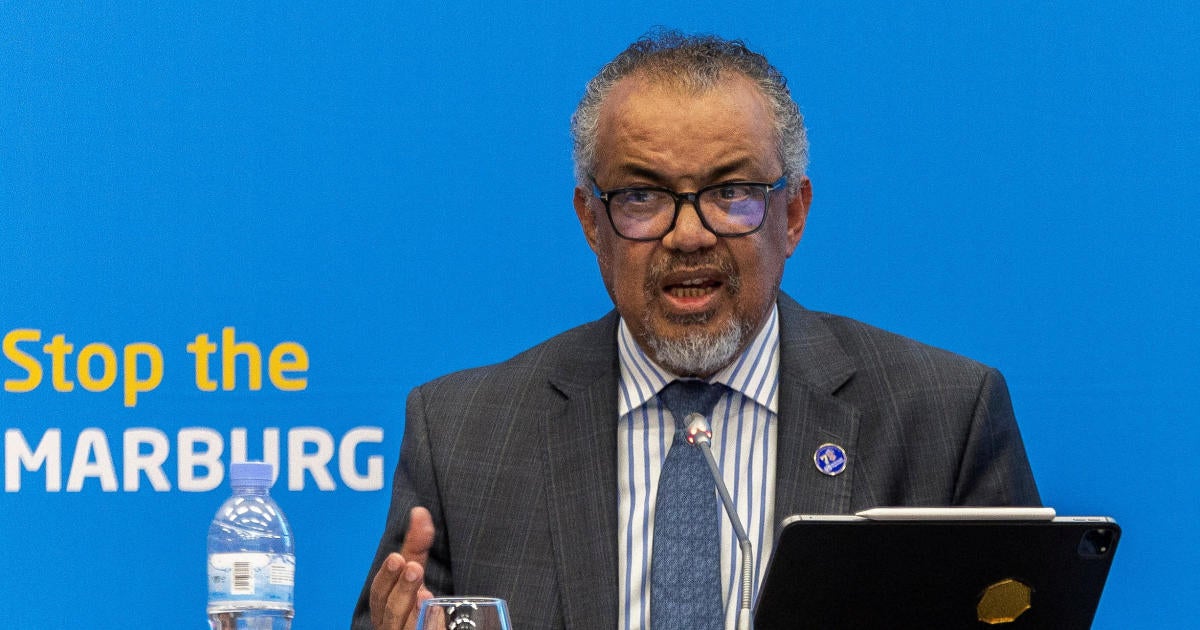WHO Braces for Budget Crunch: Trump's Funding Exit Triggers Immediate Cost-Cutting Measures

WHO Braces for Financial Challenges as Trump's Funding Withdrawal Looms
The World Health Organization (WHO) is taking proactive measures to mitigate the potential financial impact of the United States' funding withdrawal. WHO Director-General Tedros Adhanom Ghebreyesus revealed that the agency has already implemented significant cost-cutting strategies, including reducing hiring and limiting travel expenses.
With the Trump administration's decision to pull funding threatening the organization's critical global health initiatives, the WHO is strategically preparing to maintain its essential operations. The budget constraints are expected to create substantial challenges for the agency's worldwide health programs, particularly in regions most dependent on international support.
Despite the impending financial setback, WHO leadership remains committed to continuing its vital work in disease prevention, health emergency response, and global health coordination. The organization is exploring alternative funding sources and seeking support from other member nations to bridge the potential budget gap.
The funding withdrawal underscores the delicate balance of international health cooperation and the potential ripple effects of political decisions on global health infrastructure.
